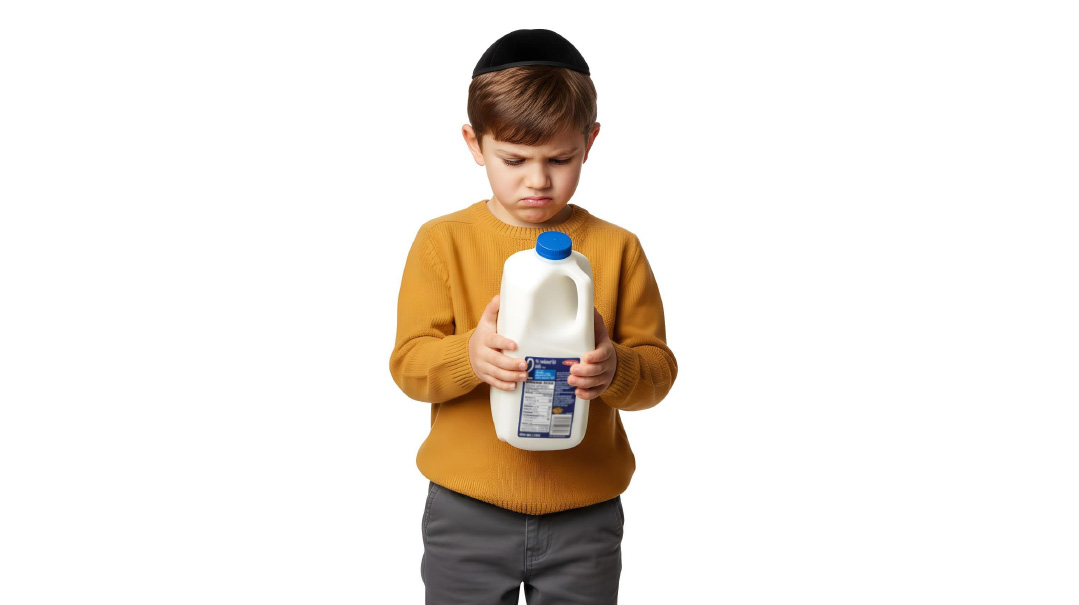All in One
| May 13, 2020My grandmother a”h recently passed away at the age of 94. When my baby woke up sick the morning I was supposed to fly, I reluctantly gave up my plans to travel from Jerusalem to my Midwestern hometown for the funeral.
So many complicated feelings surrounded her death, funeral, and shivah. In accordance with my grandmother’s instructions, the funeral and burial were led by the female cantor of her Reform temple. My father, newly religious himself, struggled to ensure that all aspects of the burial were kosher while his siblings, nieces, and sons grew increasingly frustrated and offended by his demands.
And frankly, I understood them.
I understood the pain of my relatives — family I’d always felt so close to — as they not only buried their beloved mother and grandmother, but they did not know if her soul lived on, and if it did, where it went, or why, or anything. The Reform world teaches us that it’s all a complete mystery, that we must move through the segments of our lives just trying to be our best, that we can’t know anything for certain, and that we must accept that and move on.
I understood their annoyance as they watched my father seemingly trample on the traditions he was taught by his mother — and instead, obsess over details like the tearing of a garment or the pronunciation of a prayer, inflexibly insisting it all be done his way.
“The funeral isn’t for her, she’s gone,” my brother said. “It’s just for us.”
“I understand that’s how you see it,” I said.
He sighed.
Oops! We could not locate your form.






